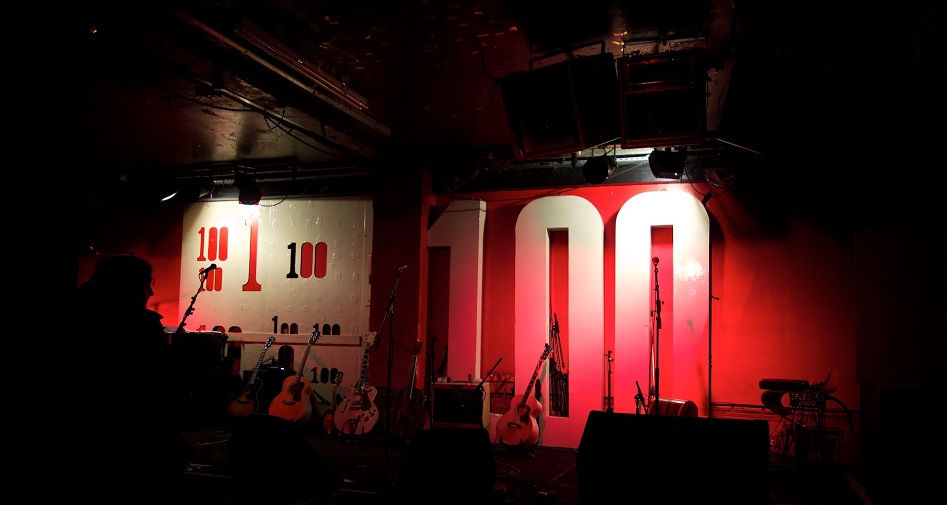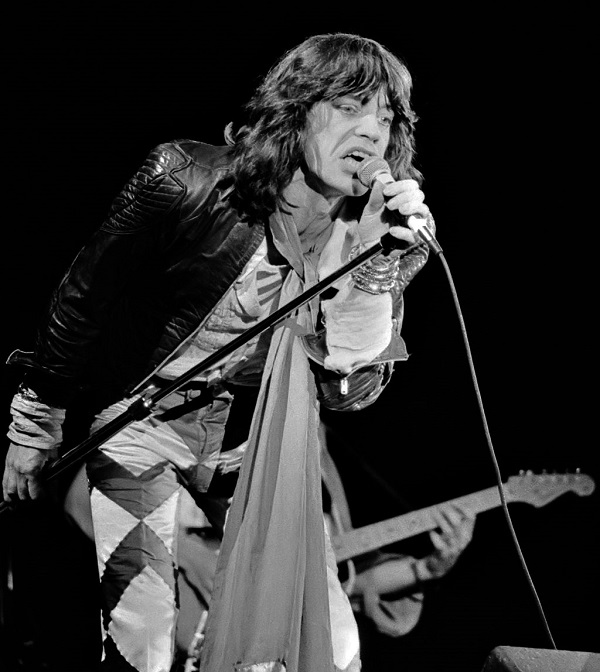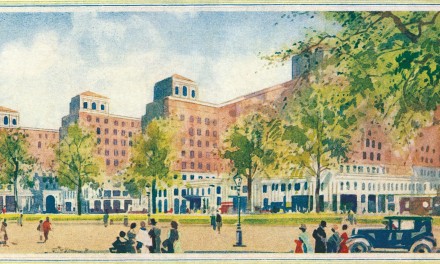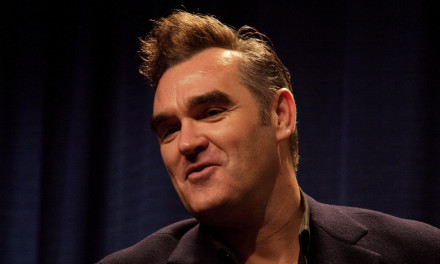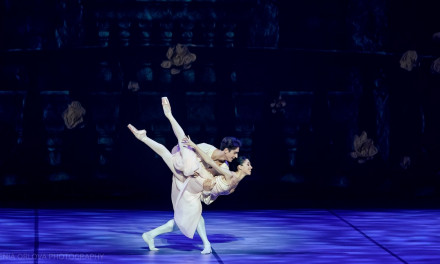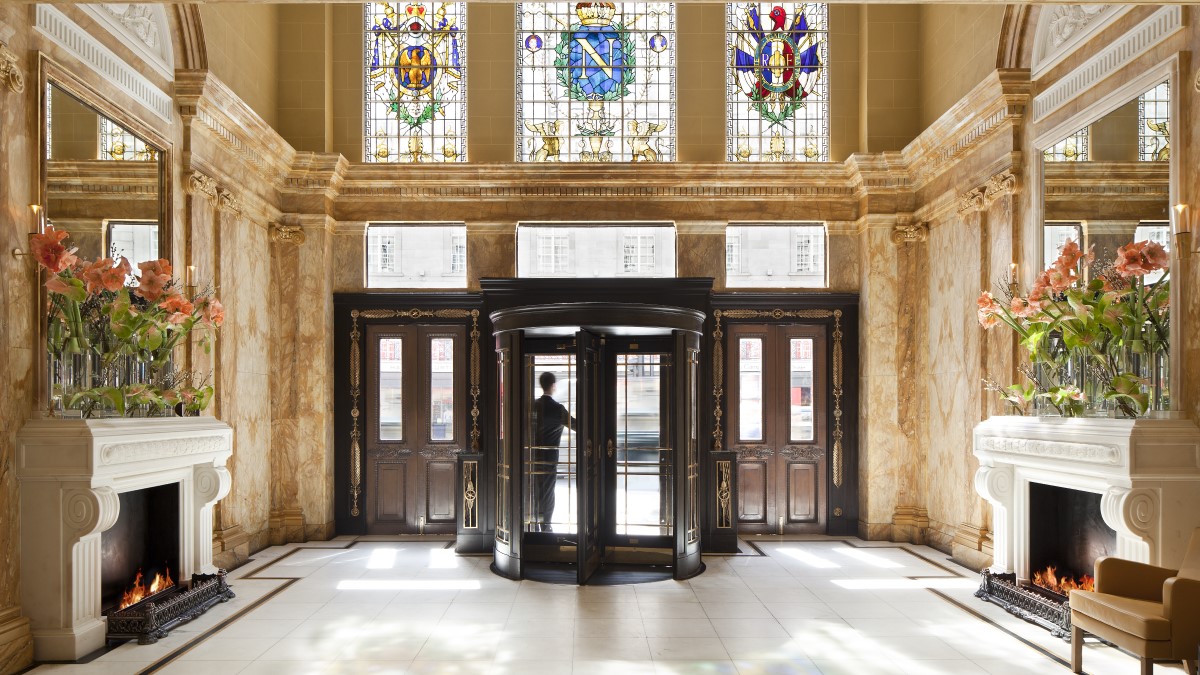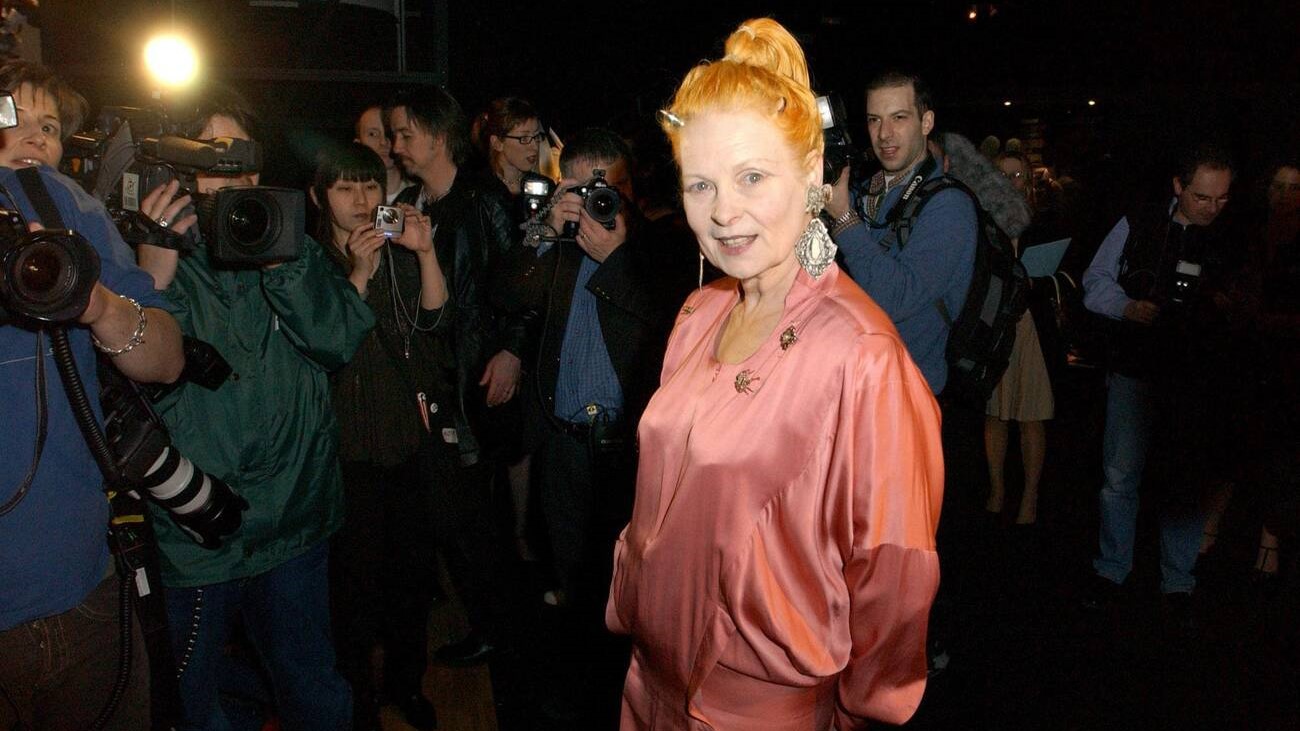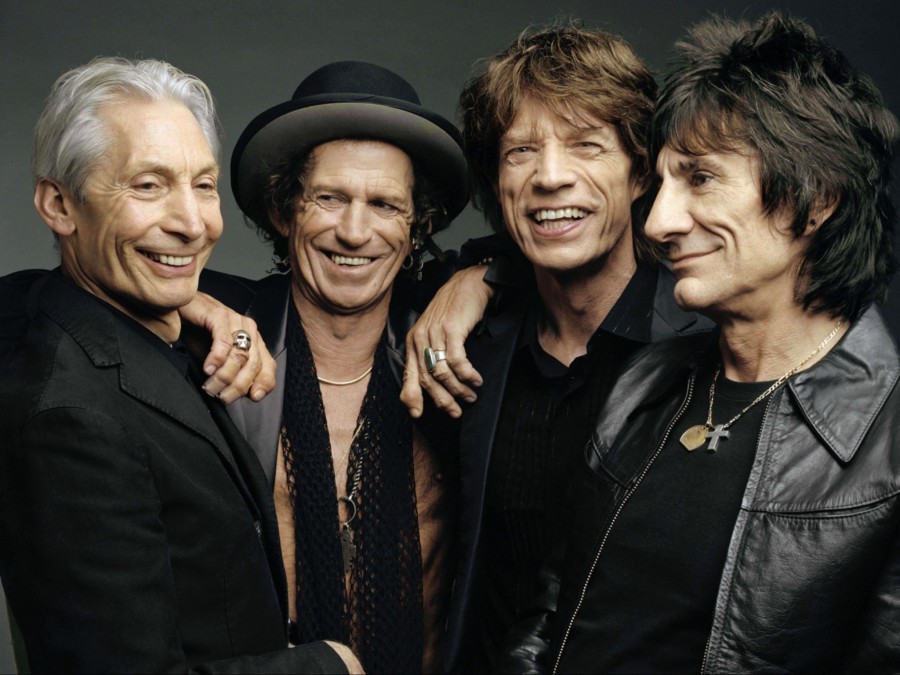Iconic music venue The 100 Club has been thrown a lifeline by Westminster City Council.
The club in Oxford Street, Fitzrovia, has hosted big names like The Rolling Stones, Oasis, The Sex Pistols and Louis Armstrong since opening in 1942.
But it has faced closure several times in the past decade.
Now Westminster City Council has granted the club special status and it will benefit from 100% business rates relief.
This will save the club around £76,000 a year, helping to secure its financial future.
The council's move follows discussions with London's Night Czar Amy Lamé about how to support grassroots music venues.
The club becomes the first live music venue to benefit from this measure.
Who's who of showbiz
Cllr Timothy Barnes, Lead Member for Soho, said: “The names of the bands who have graced the stage of The 100 Club read like a who’s who of showbiz, from Paul McCartney and Paul Weller to the latest acts like A$AP Ferg.
“Even the Gallagher brothers agreed to get on for the night when they played here,” he said.
“Business rates relief may not seem very rock ‘n’ roll.
“But, – as The Rolling Stones might have said when they played at the club – it will mean satisfaction to a generation of music fans,” he added.
Grassroots music venues
Jeff Horton, owner of The 100 Club, was delighted.
“It means we can continue to support the careers of the hundreds of artists who take to our stage each year.
“This is a game changing approach from a local authority in supporting grassroots music venues,” he said.
Amy Lamé said grassroots music venues played a key role in London’s thriving nightlife.
“The 100 Club is an important part of London’s music history, providing a stage for up-and-coming and world- renowned acts for more than 75 years,” she said.
“This is the first time that special status has been awarded to a grassroots music venue. It is a great example of what can be done to support venues in our city.”
Venues closing
Between 2007 and 2016, the number of grassroots music venues in the capital fell by a third, from 144 to 94.
Independent research shows that a fifth of venues could be forced to close due to business rates increases.
Billy Bragg, the singer-songwriter, welcomed the council's plans. He said very few venues had survived since the dawn of British pop.
“The 100 Club has played host to some of the most dynamic pop music that the UK has produced during its eight decades of existence.
“It was the crucible of trad jazz, played host to the skiffle boom and made room for 60s beat groups. In 1976, its storied stage saw British punk rock take its first baby steps,” he added.
Picture credits
Main picture: The Dodge Brothers at The 100 Club. Photograph by Paul Hudson. [CC BY (https://creativecommons.org/licenses/by/2.0)]
Second picture: The Rolling Stones in concert in The Hague in 1976. Photograph by Bert Verhoeff/ Anefo [CC BY-SA (www.https://creativecommons.org/licenses/by-sa/3.0)]

